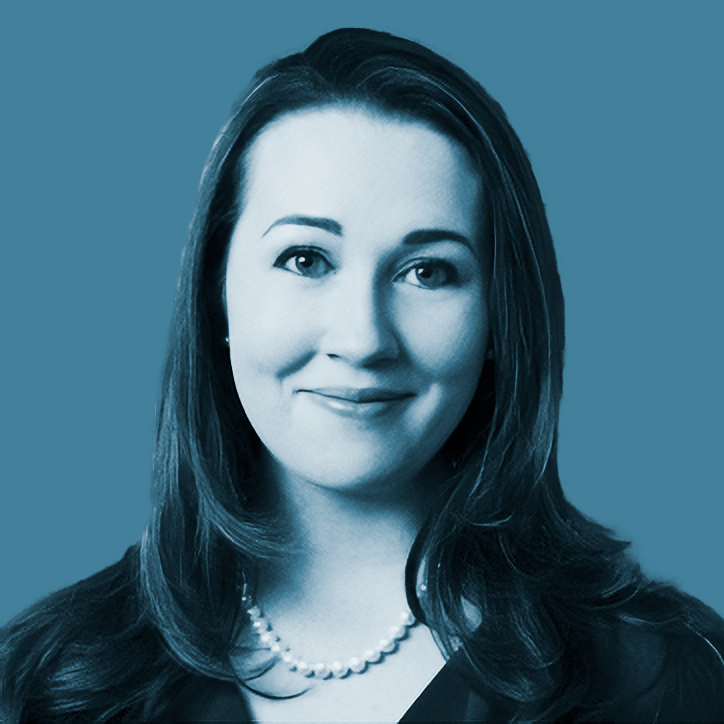Key Terms
- Georgia nurse mortgages offer substantial support such as down payment assistance, lower interest rates, and flexible eligibility criteria, making home ownership more accessible for nurses.
- These specialized programs cater to the unique financial circumstances of nurses, acknowledging challenges like irregular work schedules and significant student loans.
- While advantageous, it’s essential for nurses to evaluate their financial situation, compare different nurse mortgage programs, and consider their long-term housing and career goals to ensure a nurse mortgage aligns with their needs.
Offering a winning combination of Southern charm, economic opportunity, and outdoor adventure, Georgia is an attractive place to live for many individuals. From the vibrant arts scene in Atlanta to the historic charm of Savannah and the natural beauty of the North Georgia mountains, there’s something for everyone in the Peach State.
While this southern state is home to many robust industries, it also has a strong healthcare system, making it a popular state for nurses to live in. In fact, according to the Bureau of Labor Statistics, 94,960 nurses live and work in the Peach State, including some 1,230 CRNAs and many NPs.
All of that graceful southern charm can add up, however, and home prices are getting more expensive in the state, especially in booming areas like Atlanta. Data from the FED quotes a median listing price of $399,900 for a single family home. Can a working nurse afford to buy a home at those prices?
With a nurse mortgage, most likely, yes! Nurse mortgages are designed to make the home purchasing process easier for nurses. The state of Georgia offers several options to ensure that nurses want to stay, work, and plant roots in the Peach State.
What are the main advantages of Georgia nurse mortgages?
Overall, taking out a nurse mortgage in Georgia can give nurses specialized benefits and support tailored directly to their profession, helping them achieve the goal of homeownership more easily and affordably.
How? Well, these programs often come with down payment assistance, to start. This assistance can be in the form of grants, forgivable loans, or even deferred payment options, removing a significant barrier for many homebuyers.
Next, these programs can also offer lower interest rates. Some of the best nurse mortgage programs in Georgia can extend interest rates that are much lower than those associated with conventional mortgages. If you’re a healthcare provider who needs a home, look outside the box. The reason for this is because these programs are designed to make homeownership more affordable for nurses and protect the financial futures of nurses. Finally, their eligibility criteria is often more flexible than what you would see with traditional mortgages.
Borrowers who can’t refinance an existing property or who don’t qualify for first-time homebuyer or down payment assistance programs may need to look elsewhere to become homeowners. Thankfully, healthcare professionals can get a new home by working with a nurse mortgage loan, and these options have helped many break into owning their first piece of real estate.
If you are looking for a new home and have a purchase price in mind, a nurse home buying program could make this a reality for you while avoiding many of the pitfalls of trying to secure a conventional loan. For many, the buying a home in Georgia dream is limited by down payment options, high private mortgage insurance, and the typical home buying process or USDA loan requirements. Another home loan program, such as nurse next door, may help these medical professionals get into new homes whether that’s in a dense location like Atlanta or a more rural area.
You’ll need to consider all your loan options, such as intended loan amount, your household income limits, credit score, debt to income ratio, and monthly payments, but medical professionals like nurses can often work with loan officers on specific nurse mortgage programs. To get a primary residence even with high student loans you’re working to pay off, LPNs or registered nurses might need to look outside the conventional loans process The home buying process may be too limiting for healthcare workers when reviewing the eligibility for things like Fannie Mae or loans from the Department of Housing and Urban Development.
Is a nurse mortgage right ror me?
The following are some things to consider if you are considering nursing mortgages:
- Analyze your financial situation to begin. Look at your income, savings, debts, and overall financial situation. You should also consider whether you can comfortably afford mortgage payments along with other expenses, as well as a down payment and closing costs.
- Compare nurse mortgage programs in your area based on their features, eligibility criteria, and terms. A number of factors need to be taken into account, such as the interest rate, the down payment requirements, and any additional benefits or incentives.
- Determine your eligibility for a loan. Assess whether you meet the lender and program’s eligibility requirements for nurse mortgages. Consider factors such as your employment history, credit score, and debt-to-income ratio.
- Think about long-term goals: Think about your long-term goals and how homeownership fits into your plans. Consider factors such as job stability, career advancement opportunities, and whether you plan to stay in your current location for the foreseeable future.
Examples of nurses who take out nurse mortgages in Georgia
Chantelle had dedicated her life to caring for others, working long hours at Emory University Hospital. Despite her dedication to her profession and her long history as a nurse, Chantelle faced a significant challenge when she decided it was time to buy her own home.
When Chantelle applied for a traditional mortgage from a local lender, to her dismay, her application was turned down due to strict eligibility criteria and her relatively short employment history at the hospital.
Disheartened but determined, Chantelle began researching alternative options for financing her home purchase. That’s when she stumbled upon the concept of nurse mortgages – specialized mortgage programs designed specifically for nurses like herself. Intrigued by the possibility of a mortgage tailored to her profession, Chantelle reached out to a mortgage lender who specialized in nurse mortgage programs and scheduled a consultation to discuss her options.
During their meeting, the mortgage lender listened attentively to Chantelle’s story and empathized with her situation. They explained how nurse mortgages offered more flexible eligibility criteria, taking into account factors such as irregular work schedules and multiple job situations common among nurses.
Encouraged by the lender’s reassurance and support, Chantelle decided to apply for a nurse mortgage. To Chantelle’s delight, her application for a nurse mortgage was approved! With the help of a nurse loan, Chantelle was able to purchase her dream home in Atlanta – a cozy home with a spacious backyard where she could relax and unwind after long shifts at Emory.
Looking for a nurse mortgage in a different state?
If you’re looking to explore the best nurse mortgage in other states, click on your state below.














